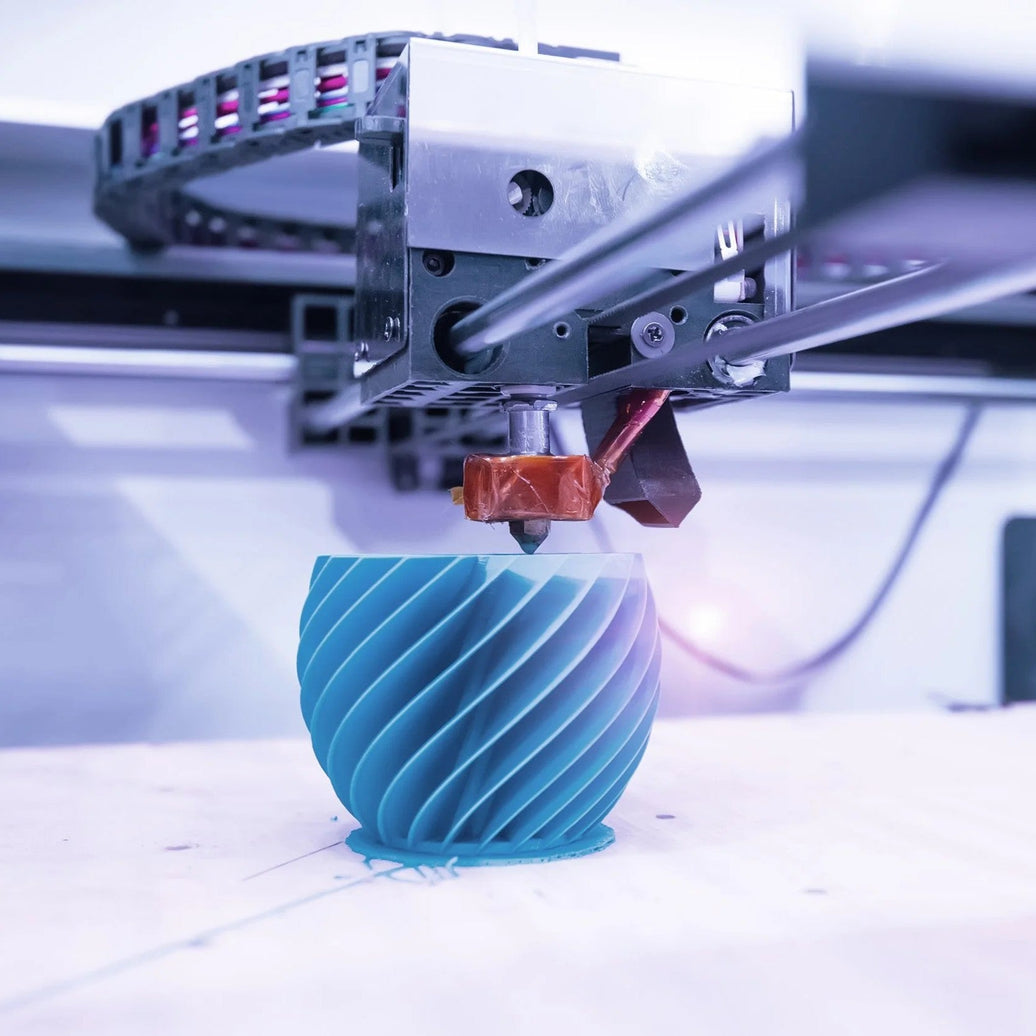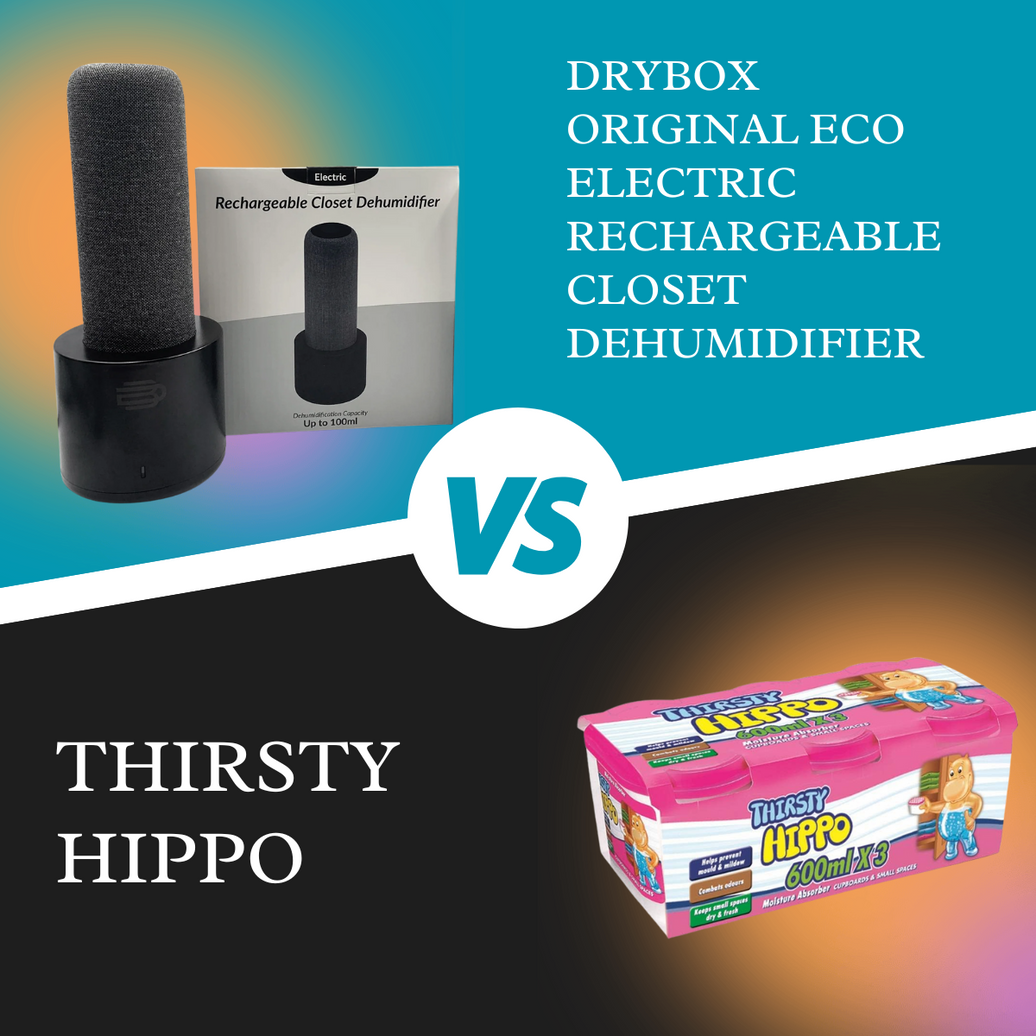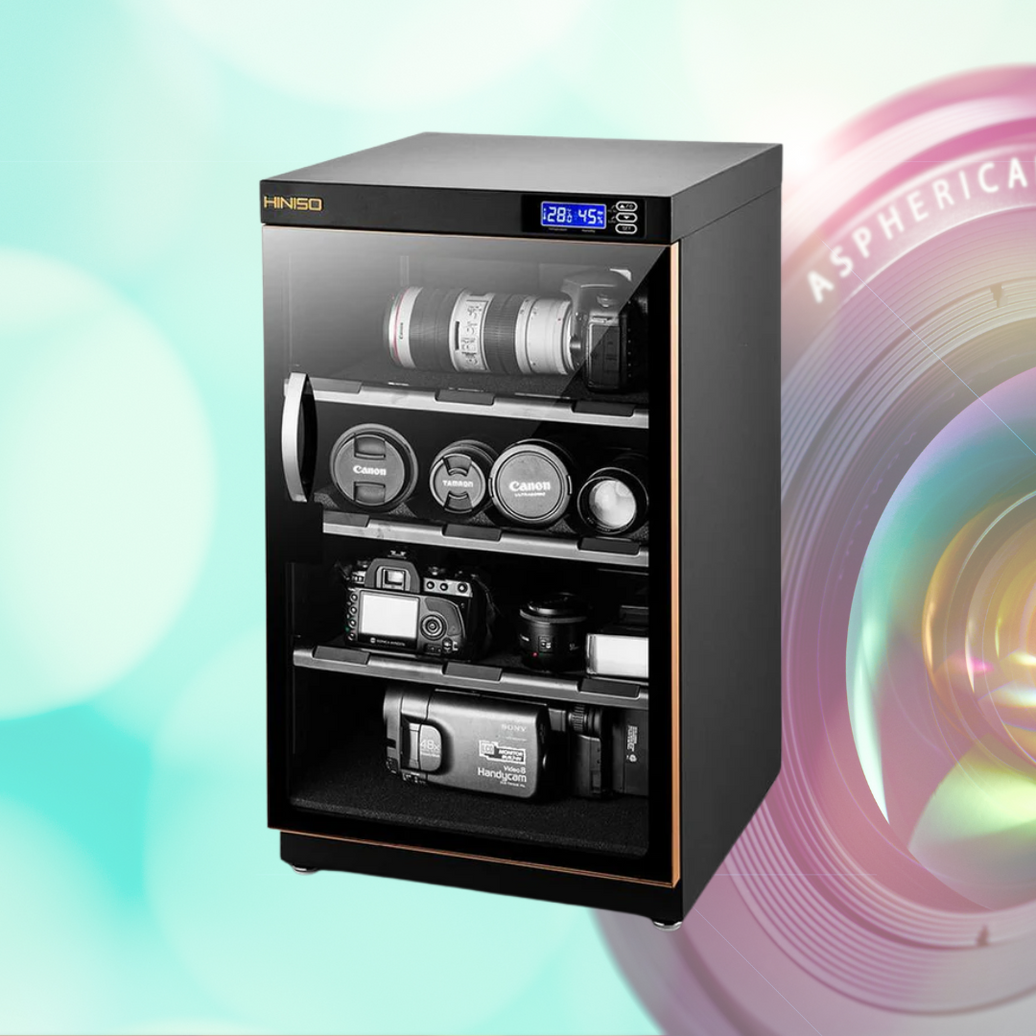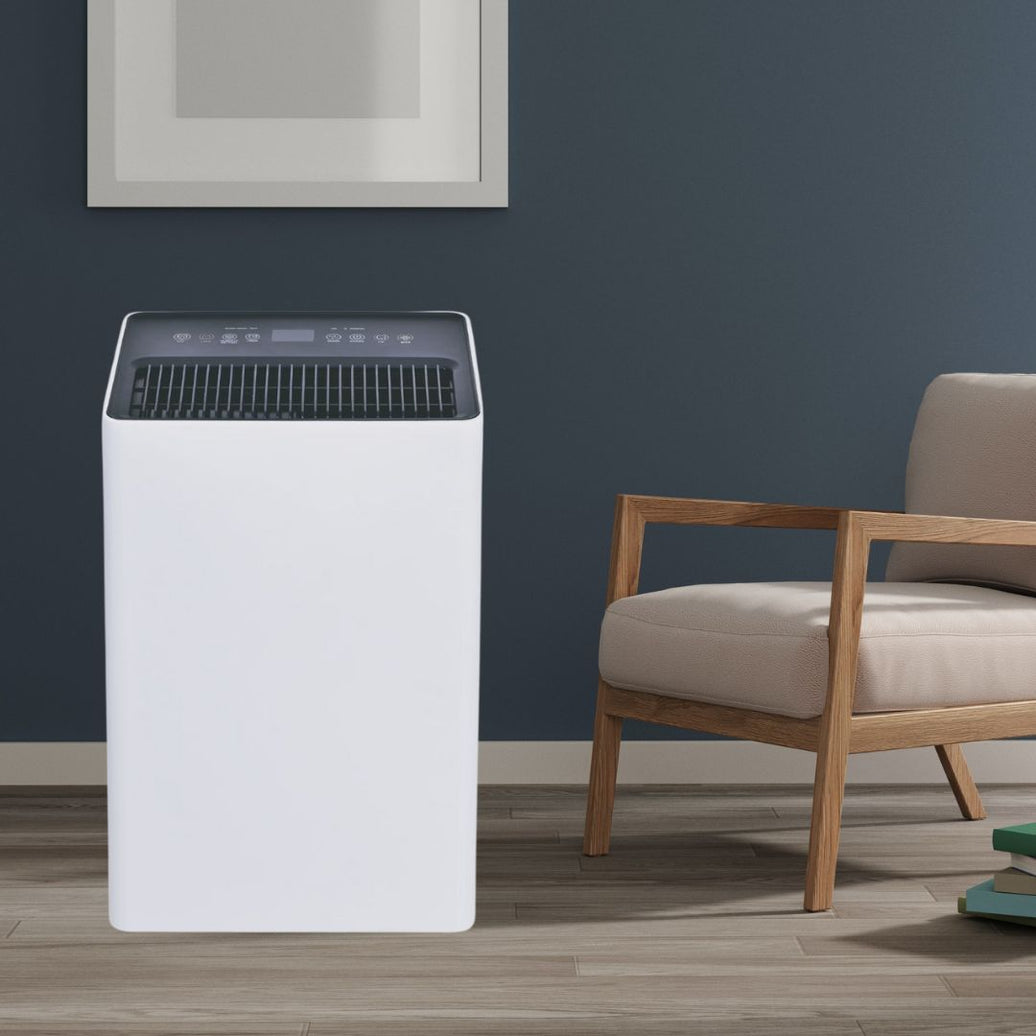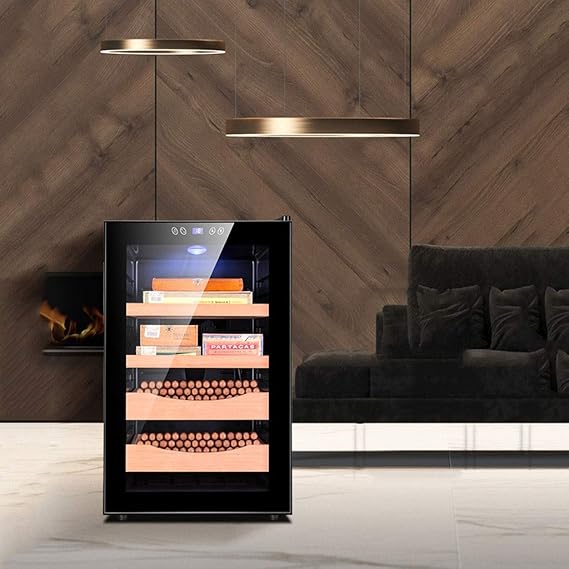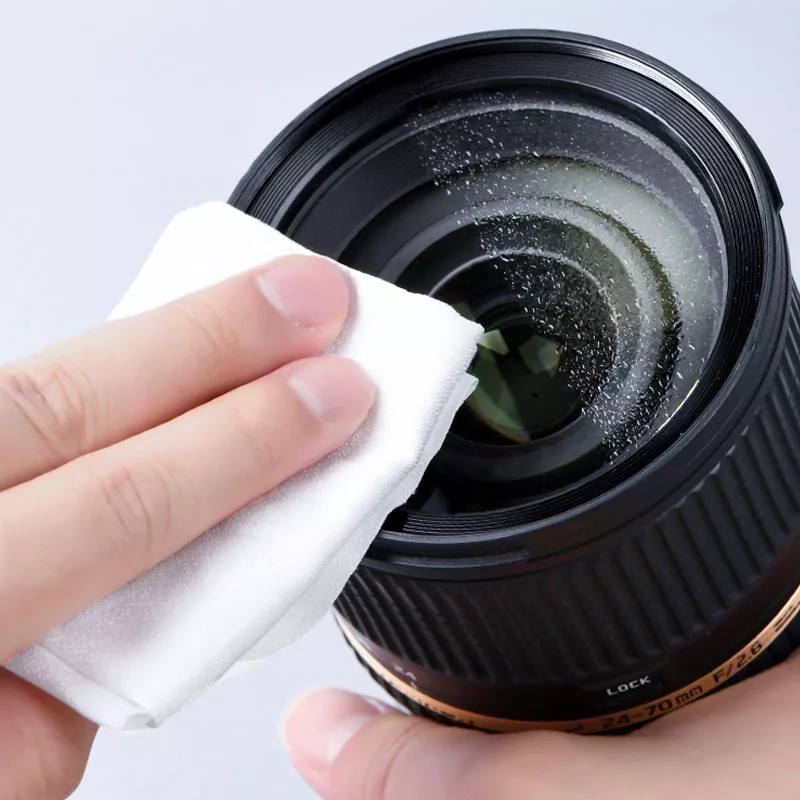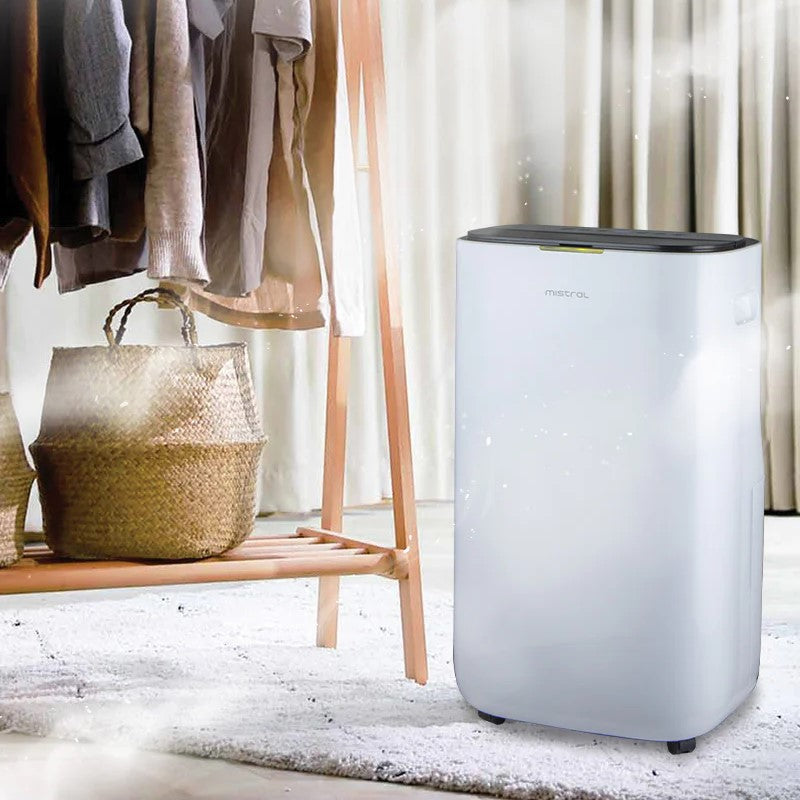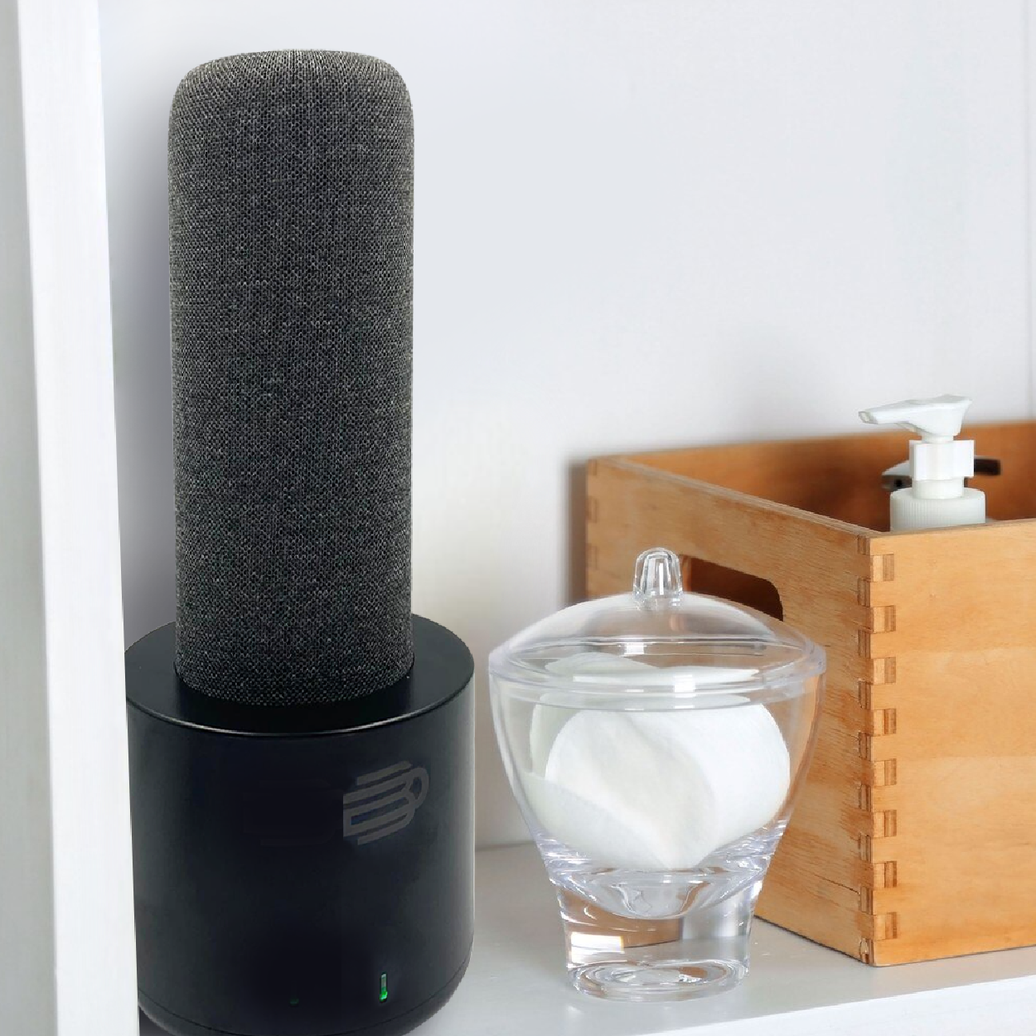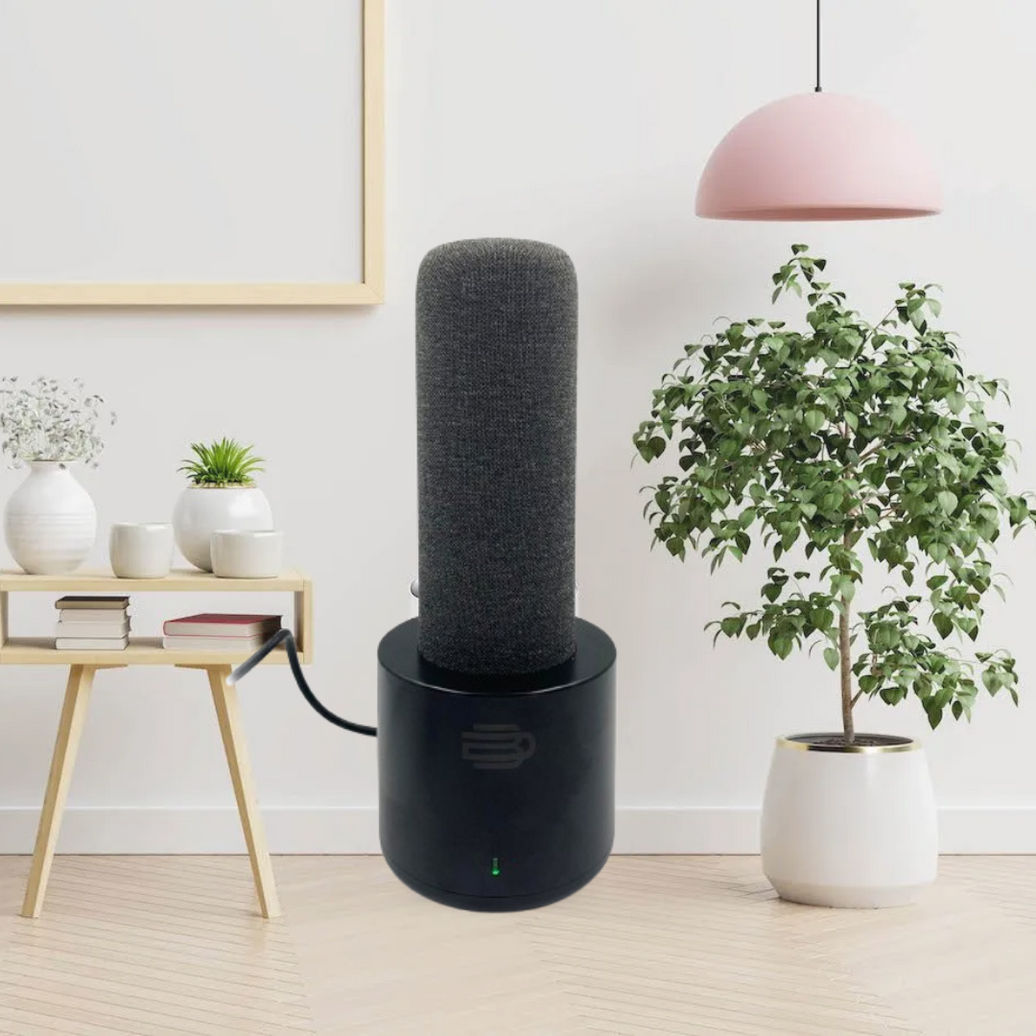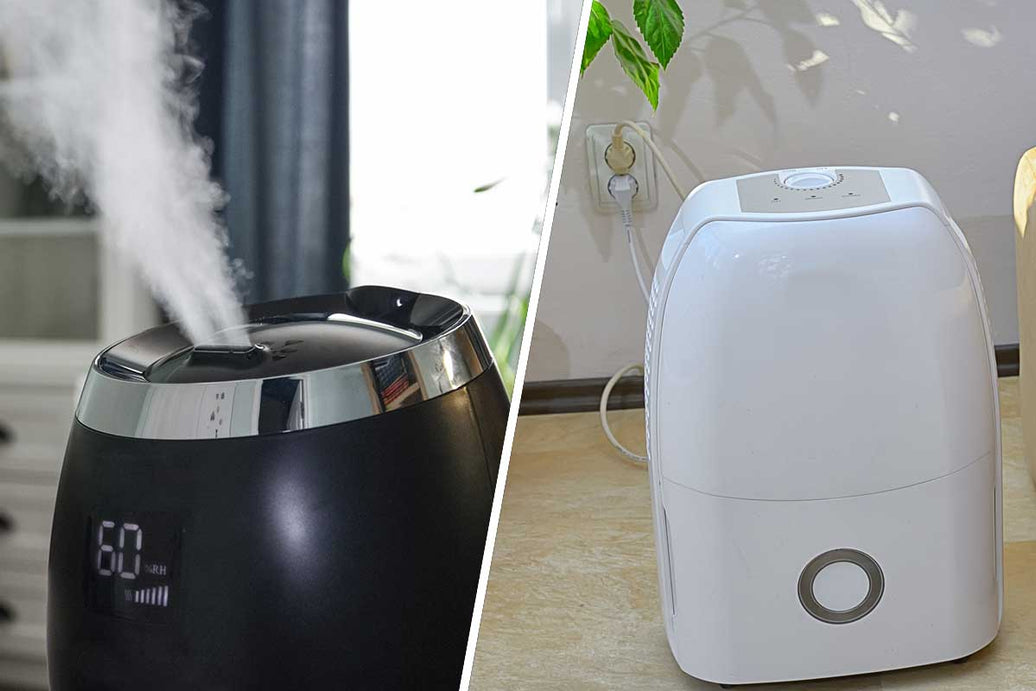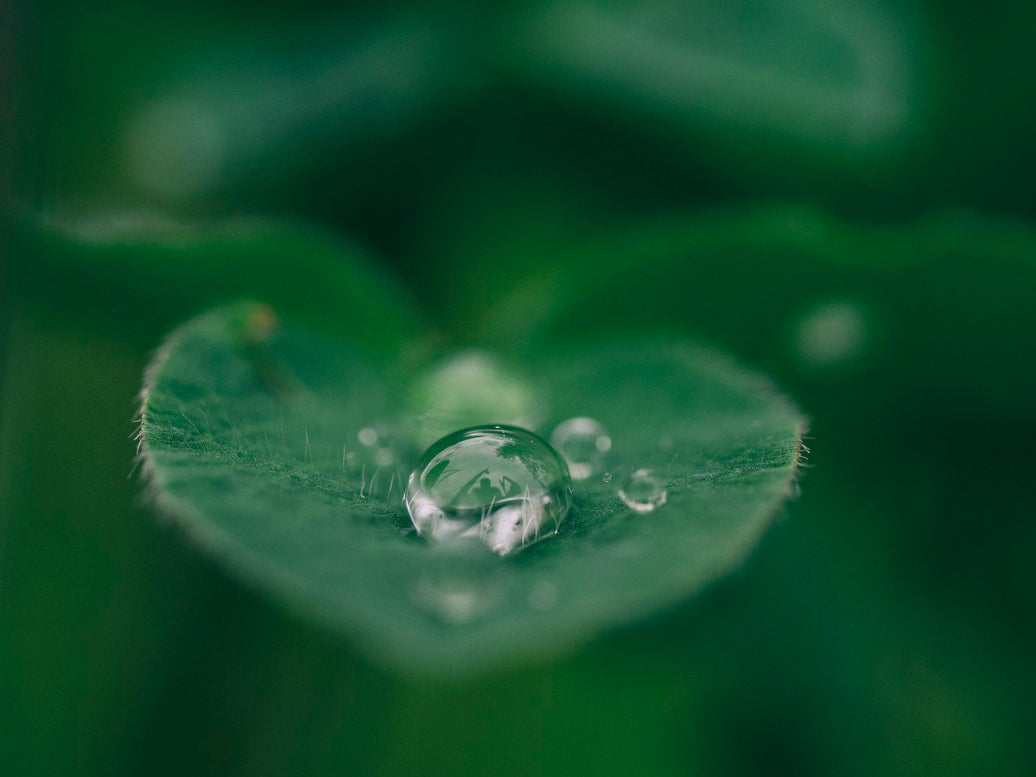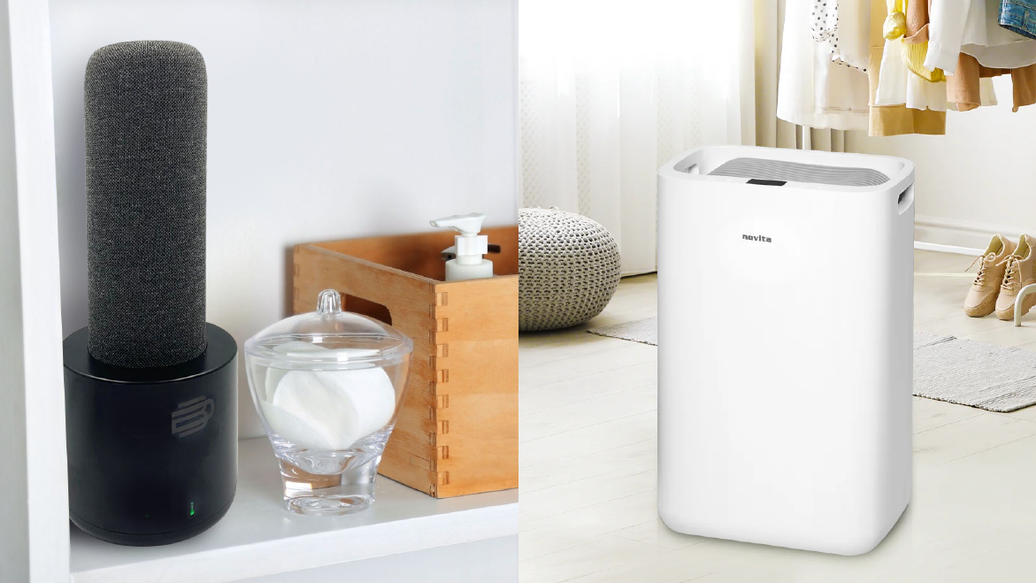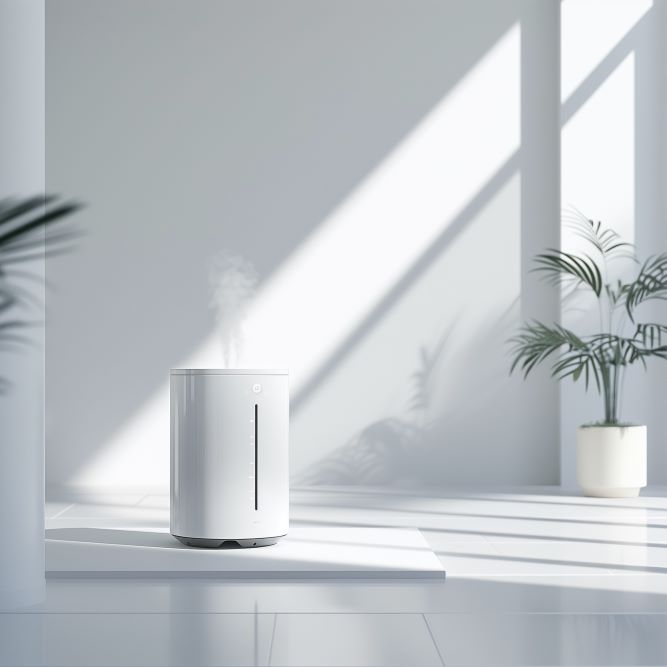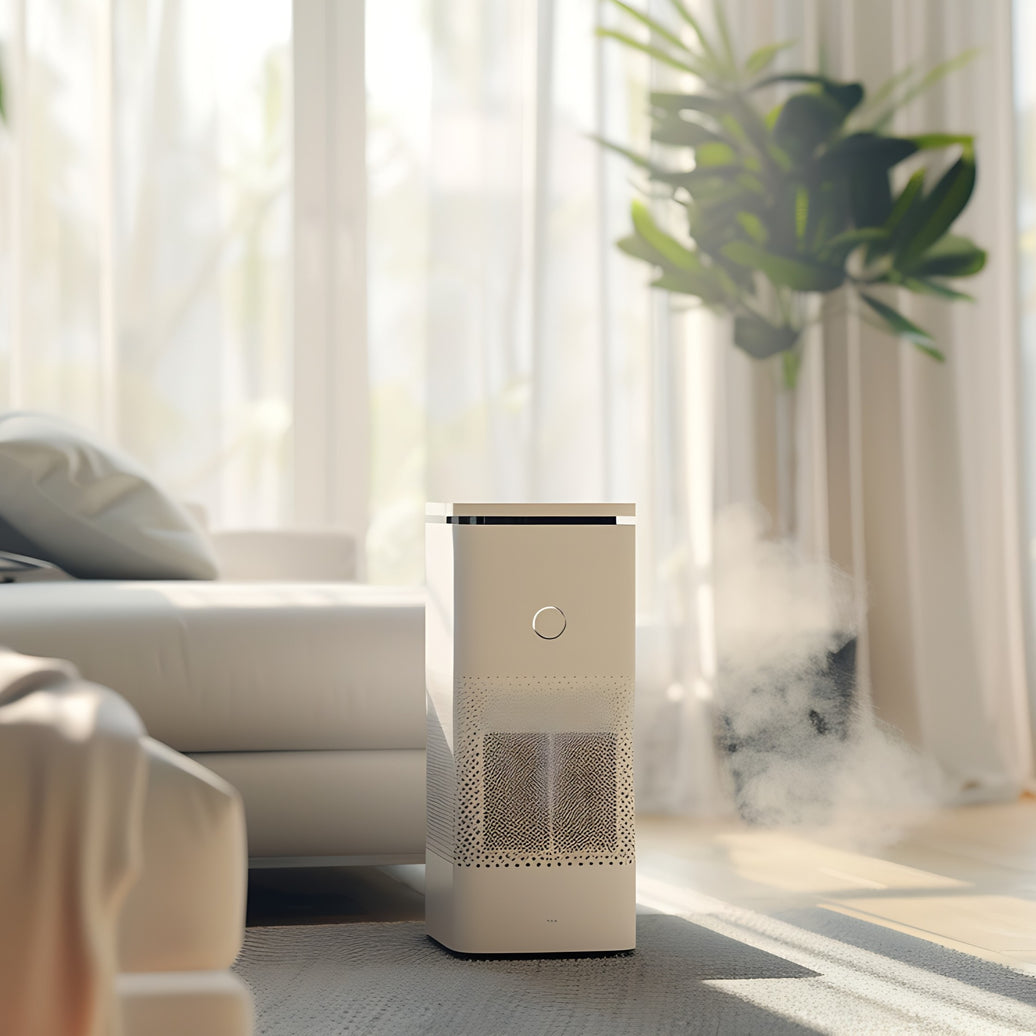Humidity is something we all feel, whether it’s the sticky air on a hot summer day or the dampness that lingers in a poorly ventilated room. But what exactly is humidity, and where does it come from? Let’s break it down in a way that’s easy to understand.

What Is Humidity?
At its core, humidity refers to the amount of water vapor present in the air. Water vapor is simply water in its gaseous state, and it’s a natural part of our atmosphere. The air around us can hold varying amounts of water vapor, depending on factors like temperature and pressure.
How Does Humidity Occur?
Humidity is a result of the water cycle—a process that includes evaporation, condensation, and precipitation. Here's how it works:
-
Evaporation: When the sun heats up water from oceans, lakes, rivers, and even plants, the water molecules gain energy and turn into water vapor, rising into the atmosphere.
-
Condensation: As the water vapor rises, it cools down, and the molecules lose energy. This cooling causes the vapor to condense into tiny droplets, forming clouds. When these droplets combine, they may fall as rain, snow, or other forms of precipitation.
-
Humidity Levels: The amount of water vapor that stays in the air after evaporation determines the humidity level. Warm air holds more water vapor, which is why summer days often feel more humid.

What Causes Humidity to Increase?
Several factors can cause humidity levels to rise:
-
Temperature: Warmer air can hold more moisture, so as temperatures increase, so does the potential for higher humidity. This is why tropical regions often feel so muggy.
-
Proximity to Water Sources: Areas near large bodies of water, like oceans or lakes, tend to have higher humidity because there’s more water available for evaporation.
-
Human Activities: Everyday activities like cooking, showering, and even breathing release water vapor into the air, contributing to indoor humidity.
-
Weather Patterns: Certain weather conditions, like low pressure systems or prolonged periods of rain, can lead to higher humidity.
Where Does Humidity Come From?
Humidity originates from various sources, both natural and artificial:
-
Natural Sources: As mentioned, evaporation from bodies of water is the primary natural source of humidity. Additionally, plant transpiration (where plants release moisture into the air) also contributes.
-
Artificial Sources: Human-made sources include activities that generate heat and moisture, such as cooking, heating systems, and industrial processes.
Why Does Humidity Matter?
Humidity plays a crucial role in how we experience weather and climate. High humidity can make hot days feel even hotter because it reduces the effectiveness of sweating, our body’s natural cooling mechanism. On the other hand, low humidity can lead to dry skin, respiratory issues, and damage to wooden furniture or musical instruments.
In controlled environments like homes, offices, and storage areas, managing humidity is essential. Excessive humidity can lead to mold growth, which can be harmful to both health and property. Conversely, too little humidity can cause discomfort and damage materials.

Tips for Managing Humidity
-
Use Dehumidifiers: These devices help reduce humidity levels, especially in areas prone to dampness, like basements.
-
Ventilation: Proper ventilation in kitchens, bathrooms, and laundry rooms can help prevent moisture buildup.
-
Monitor Indoor Plants: While plants are great for air quality, they can also increase humidity levels. Make sure to balance the number of plants and their watering needs.
-
Insulate Your Home: Good insulation helps maintain a stable indoor temperature, which can prevent excess humidity.
Understanding and managing humidity is key to creating a comfortable and healthy living environment. Whether it’s through natural ventilation or using dehumidifiers, being aware of humidity levels can make a significant difference in your daily comfort.



